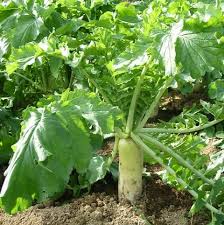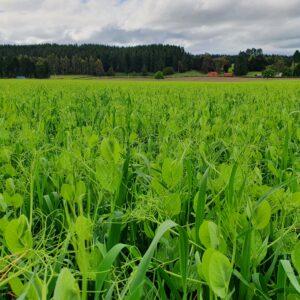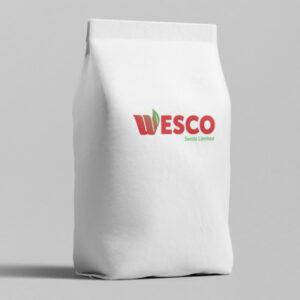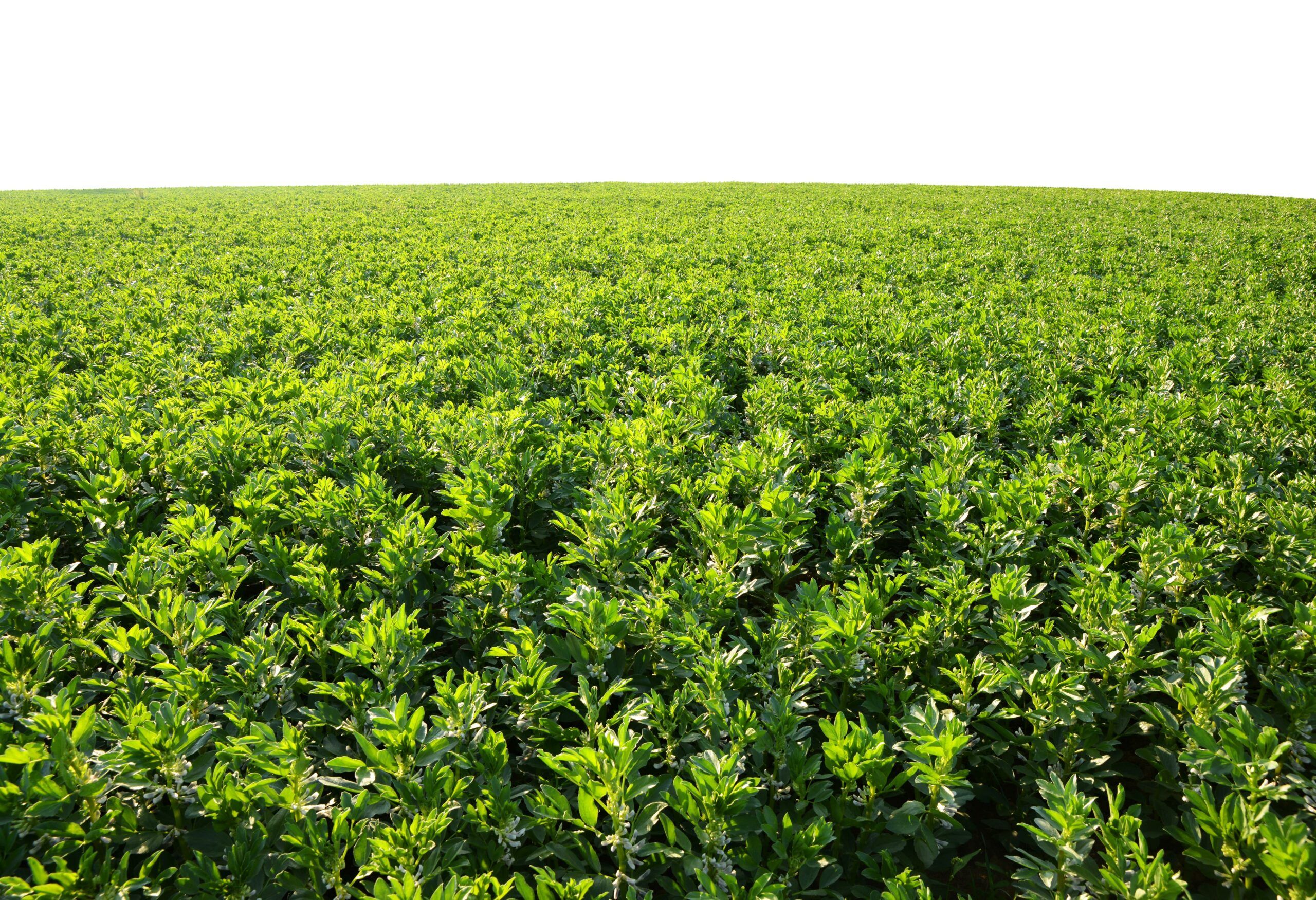Faba Beans
Faba Beans, are an annual legume species. Grown over winter as a cover or green crop to reduce nitrogen leaching, then a high protein spring feed source.
$4.80 – $6.40 excluded GST
Description
Faba Beans are an annual legume species. Under optimal conditions, they are an erect, relatively tall, crop (1 – 2.5 m in height). They can be grown over winter as a cover crop helping to reduce nitrogen (N) leaching, while providing a feed source high in protein that can be harvested as a whole crop in the spring.
Faba Beans are winter active, providing a cover (green manure) crop that can help reduce winter and spring nitrate leaching, helping to reduce a farm’s environmental footprint. New Zealand studies (Waikato) recorded average yields of 7.1 tDM/ha in the third week of November following winter/spring growth, with plantings 23 – 28 weeks earlier. Faba Beans are an option as a low-cost, farm-grown protein source on dairy farms. The root structure consists of a deep tap root with an abundance of feeder roots. Plants flower when approximately 20 cm in height at the 5 – 7th leaf-bearing stem node.
Additional information
| Treatment | DYNASTRIKE, GOLDSTRIKE, UNTREATED |
|---|---|
| Faba Beans | 100% |
Cultivation
Faba Beans typically take 90 to 120 days to mature.
Faba Beans are suitable for a short crop rotation when they are harvested for ensiled forage. The feed quality declines gradually as the crop matures and generally there is a trade-off between quality and yield when deciding when to harvest. Indicators of fermentation quality from FAR research showed that whole-crop Faba Beans can be made into quality silage when harvested from late October to early November provided it is wilted to 30-40% DM before ensiling.
Sowing Rate
Recommended sowing rate of 80-120 kg per hectare.
Faba Bean crop production will vary between paddocks and seasons. They are sensitive to soil conditions and we recommend applying lime the season prior to sowing if levels are marginal ideally the pH should be around 6.0 for best results. They are a crop that can be affected by herbicide residual depending on the previous crop. Irrigated or heavy soils are better suited to this crop as they are a longer-season crop than peas and do not tolerate drought conditions.
As a legume Micronutrients Boron (B) and Molybdenum (Mo) may need to be applied if deficient for best results.
Faba beans are generally a sensitive crop, their growth will highlight fertility differences in a paddock e.g. old fence lines and changes in previous fertiliser applications.
Price Table
| Treatment | 500 kg + | 100 – 500kg | 10 – 100kg |
|---|---|---|---|
| Untreated | $3.30 | $3.90 | $4.80 |
| Dynastrike | $3.90 | $4.50 | $5.40 |
| Goldstrike | $4.90 | $5.50 | $6.40 |
All prices are excluded GST. Minimum order 10kg.
Related products
-

Daikon Radish
$9.45 – $12.95 excluded GST This product has multiple variants. The options may be chosen on the product page -

Forage Peas & Oats Mix
$3.15 – $4.75 excluded GST This product has multiple variants. The options may be chosen on the product page -

Rahu Ryecorn
$3.10 – $4.70 excluded GST This product has multiple variants. The options may be chosen on the product page
